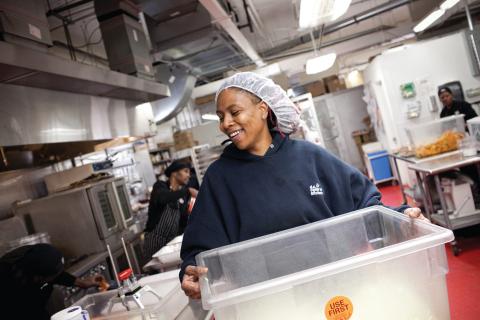Manchester Bidwell operates a range of programs designed to create empowering educational environments for adults-in-transition as well as urban and at-risk youth. The nonprofit’s educational model includes three core components: 1) youth arts programming; 2) adult career training; and 3) social enterprise. Current social enterprises include MCG Jazz, which preserves, promotes and presents jazz music through live concerts, archival recordings and educational programming; and The Drew Mathieson Center for Horticultural and Agricultural Technology, which trains people in green industries and generates revenue through the sale of orchids and other specialty crops. Founded in 1968, Manchester Bidwell’s annual revenues now exceed $3.3 million, less than $600,000 of which comes from contributions and grants. To help other communities replicate the model, it launched a subsidiary, the National Center for Arts and Technology (NCAT), which now supports eight operational affiliates outside of Pittsburgh.

